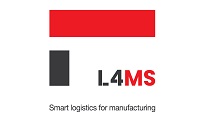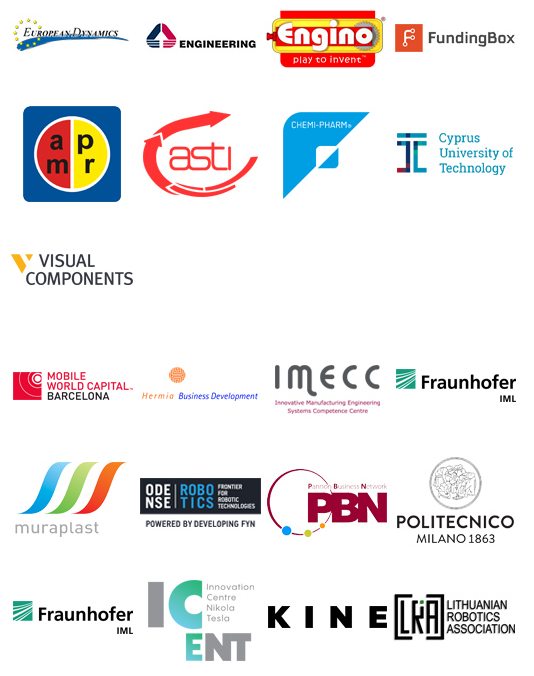The ambition of L4MS (Logistics for Manufacturing SMEs) is to reduce the installation time and cost of mobile robots. By building and connecting factory equipment to a IoT platform and testing it virtually first helps especially smaller manufacturers invest in robotics. Open source IoT platform will enable inexpensive deployment of small and flexible logistics solutions without changing infrastructure, causing production downtime and requiring no in-house expertise. Iot Platform to increase flexibility The L4MS will deliver an open industrial IoT platform called OPIL (Open Platform for Innovations in Logistics) which will be connected to a 3D Digital Twin of the factory, will help simulate the optimal factory logistics solution. This will help design customizable automation solution with mobile robots and define investment plan. Benefits of OPIL? Open Platform for Innovations in Logistics (OPIL) , as the name suggests, is an open-source platform that connects and improves communication between different factory floor resources. It supports the adaptation of software, hardware and other open-source frameworks. Most importantly, the open-source approach reduces the dependency of a single service provider and increases customization capability based on specific business needs - important especially for smaller manufacturers. OPIL is especially interesting for companies dealing with demand fluctuations and changes in product configurations. It reduces set-up times for implementing new logistics tasks as well as for coping with changes in layout of the manufacturing floor. OPIL allows integration of hardware and software products from different vendors and providers to obtain full interoperability among the different systems. It enables product (e.g. AGVs, mobile robots) and components (e.g. track-and-trace systems) development that are cost‐effective and interoperable with other suppliers’ products. The goal of L4MS project is to:
- Make automation faster: OPIL automate mapping, map calibration, navigation and route planning, resulting in 75% reduction of the installation cost and 90% reduction in the installation time. The new robots will practically self-integrate into the OPIL, logon to the navigation, mapping, localization and other services, receive the tasks and become part of the existing fleet.
- Make it easy: OPIL will allow manufacturers to adopt collaborative mobile robots, where task distribution between the robots and factory workers are organised dynamically. Manufacturers will be able to automate the simplest tasks while adding new robots by different vendors thanks to Open Source solution of OPIL.
- Make it cheap: The virtualization (OPIL+3D) will allow offline planning without interrupting the production process, thus improving the long term productivity. This will create significant savings for factories by reducing the ownership cost and increasing the return on investment.
- Make it everywhere: OPIL, as a standard integration platform, will accelerate the involvement of system integrators and distributors and they can be utilised fully in sales and implementation of logistics systems. With thousands of system integrators, the mobile robots manufactures can be flooded with orders and system integrators can take role of developing small logistics systems for SMEs based on their business needs. L4MS will launch the development of digital marketplace, a one-stop-shop for manufacturers and technology providers where companies can access suite of Smartization services including technical support, business mentoring, skills and access to finance opportunities. L4MS will select 3 Pilots and 12 Application Experiments (TRL 6-9) to demonstrate how OPIL and Digital Twin can help create highly autonomous, configurable and hybrid (human-robot) logistics solutions driven by the business needs of SMEs. This portfolio of 15 success stories, selected through two competitive Open Calls (2018/2019), will demonstrate the leveraging of European Structural Funds and private investment in established and emerging Digital Innovation Hubs (DIHs) across Europe.





